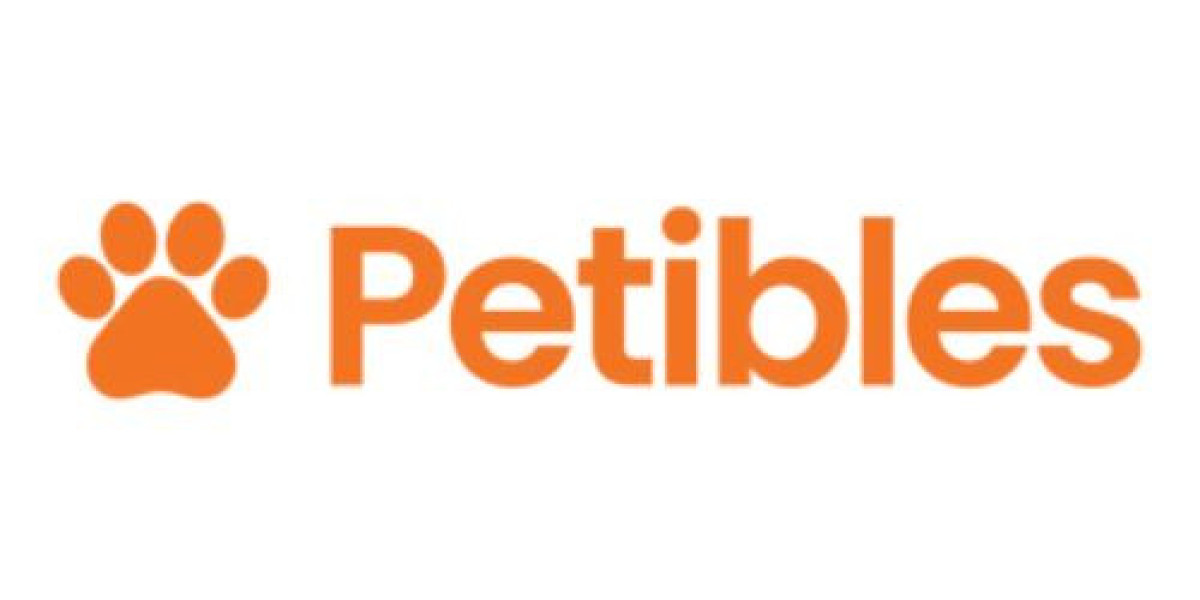Digestive issues are among the most common health concerns for dogs. Whether it’s irregular stools, frequent flatulence, or mild bloating, many of these problems stem from a lack of dietary fiber. Incorporating natural fiber for dog digestion can significantly reduce these symptoms while improving nutrient absorption and gut performance.
Natural fiber works with your dog’s body, not against it. Unlike synthetic additives or harsh medications, fiber supports the digestive process without side effects. Over time, it contributes to more predictable digestion and stronger gut resilience.
Why Natural Sources Matter for Fiber
The quality of fiber matters as much as the quantity. Fiber from natural, whole-food sources contains a complex array of nutrients and plant compounds that benefit digestion beyond just stool regularity.
Common natural sources of fiber in dog diets include:
Pumpkin – High in soluble fiber; great for both diarrhea and constipation
Sweet Potatoes – Provide a blend of fiber and vitamins
Carrots & Apples – Gentle on digestion and a source of both fiber types
Chicory Root (Inulin) – A natural prebiotic that fuels good gut bacteria
Psyllium Husk – Often used in supplements to firm up stools
Fiber from these ingredients helps regulate bowel movements without disrupting the gut microbiome.
The Link Between Natural Fiber and Canine Microbiome Health
Your dog’s gut is home to billions of microorganisms. A balanced microbiome plays a key role in:
Digesting food efficiently
Fighting off harmful pathogens
Regulating inflammation
Supporting skin and immune health
Natural fiber, especially prebiotic types, helps feed the beneficial bacteria in the gut, allowing them to thrive and maintain that critical balance. This is why many high-quality dog supplements now combine fiber and probiotics for comprehensive digestive support.
Natural Fiber in Senior Dogs and Puppies
Both senior dogs and puppies can benefit significantly from added fiber in their diets:
Puppies often experience loose stools during teething, deworming, or food changes. Natural fiber helps stabilize stool consistency without overmedicating.
Seniors tend to have slower digestion. Fiber helps them stay regular and reduces constipation-related discomfort.
Always consult a veterinarian to determine the right type and amount of fiber based on your dog’s age and health status.
Fiber as Part of a Holistic Digestive Health Routine
While natural fiber plays a vital role, it should be part of a broader strategy for optimal gut health. To support your dog’s digestive wellness:
Provide clean, whole-food nutrition
Maintain a consistent feeding schedule
Add fiber from trusted sources or vet-formulated supplements
Use probiotics to reinforce gut flora
Keep your dog hydrated
Limit high-fat table scraps and low-quality treats
Supplements like Petibles Daily Probiotic Chews make it easy to provide your dog with both natural fiber and gut-supporting probiotics in one convenient chew. These products are ideal for dogs with sensitive stomachs, frequent digestive issues, or those in recovery from antibiotic use.
Final Word
Adding natural fiber to your dog’s diet is a powerful way to improve digestion, manage stool quality, and maintain a balanced gut microbiome. Whether your goal is firmer stool, more consistent bowel movements, or long-term digestive health, fiber delivers lasting, natural support.
Always choose supplements made in the USA, backed by veterinary expertise, and formulated with clean-label ingredients you can trust.






